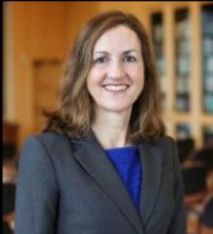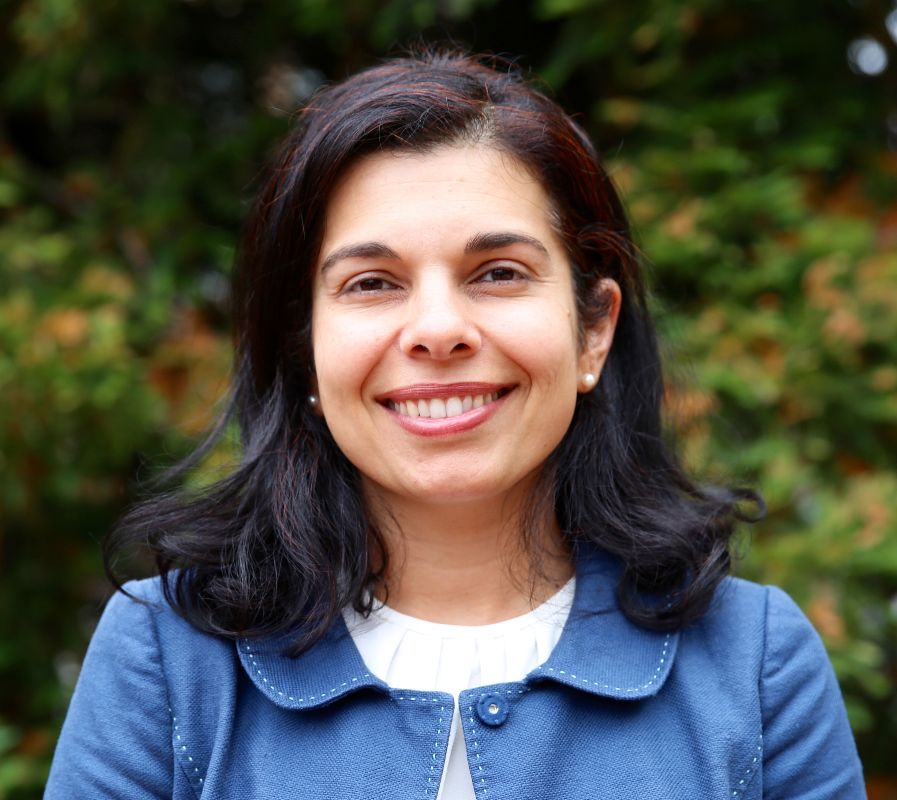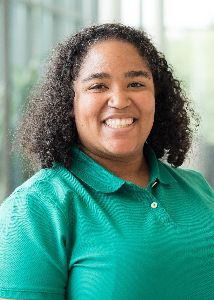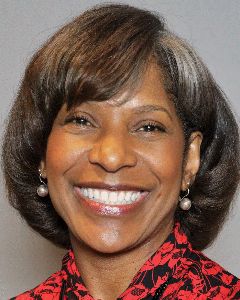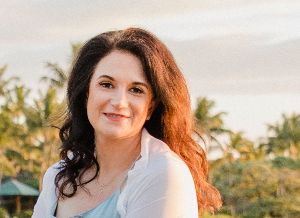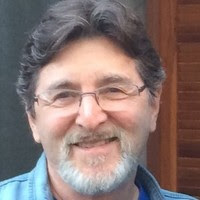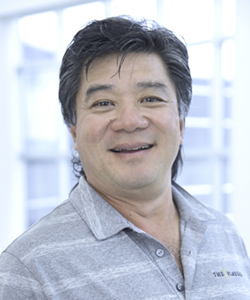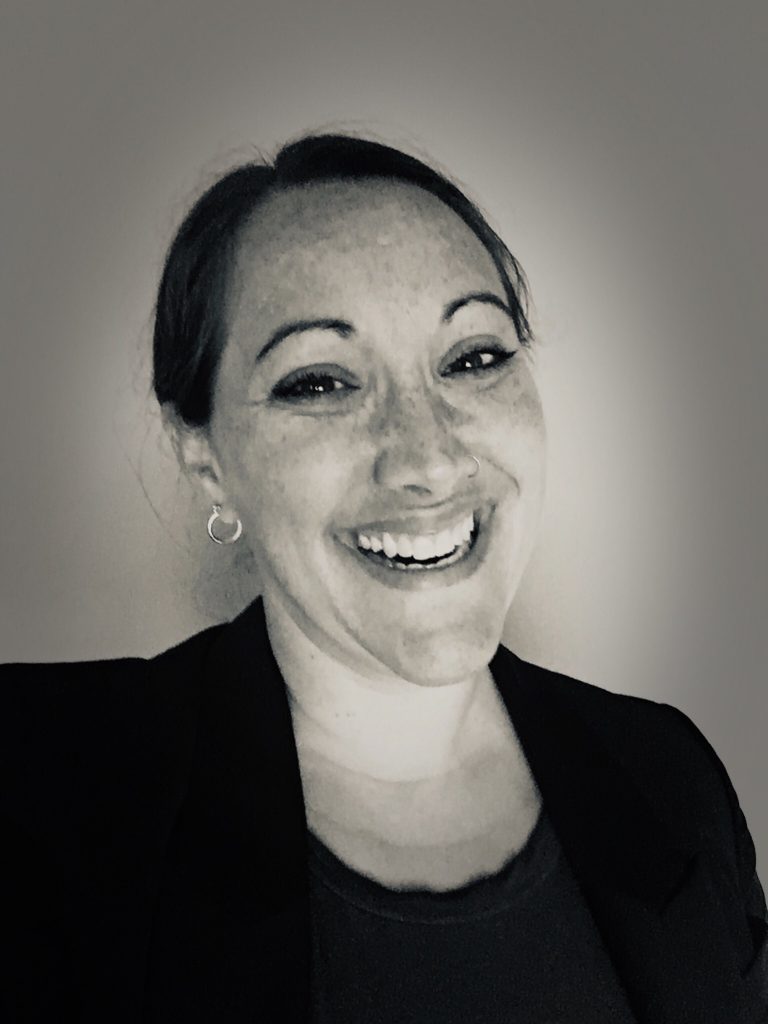
Our association is a robust and diverse set of educators, researchers, medical professionals, volunteers and academics that come from all walks of life and from around the globe. Each month we choose a member to highlight their academic and professional career, and see how they are making the best of their membership in IAMSE. This month’s Featured Member is Molly Johannessen, PhD.
Molly Johannessen, PhD
Director of Education and Teaching and Associate Professor of Physiology
University of Medicine and Health Sciences
How long have you been a member of IAMSE?
Consistently since 2017 I believe, but I have been involved in some capacity through random engagement since 2012.
Looking at your time with the Association, what have you most enjoyed doing? What are you looking forward to?
When I discovered the work and the mission of IAMSE in 2012, I found a group of educators all who thought like I did and who really worked together to support the learning and growth of their colleagues. At the time I did not know this was unique, but I do now. This society is my professional society and where I learn to be the best educator I can be and where I lean on others to support my professional growth. A physiologist by training and now an administrator who focuses more on curricula, faculty development and student support initiatives, I find that everyone I meet at meetings and through involvement inspire me to continue working towards doing my best to help learners in the healthcare field. Over the last year, I have gotten involved in a few committees including the Student Professional Development Committee as well as the 2022 Program Committee, but my favorite addition to my time this last year has been dropping in on the bi-weekly IAMSE Café sessions. As an extroverted people-person, COVID has taken its toll on my energy in engaging with other humans, but these meetings give me face-time with others and remind me frequently of the great work that others are doing to improve healthcare education. I value the time and the frequency and it has been an absolute mental lifesaver over the last several months!
Tell me a bit about your time with the Student Professional Development Committee? Why did you join? What projects are you working on? Etc.
To me, learners, and more specifically students, are at the root of everything I do. Although in my newest role as Director of Education and Teaching at the University of Medicine and Health Sciences I have my hands involved in faculty development, curriculum discussions and student support, (my efforts) all root back to students. (I work on) ensuring that we have the best avenues to help learning occur and the training of new healthcare providers and healthcare educators. Through working with the Student Professional Development Committee, I am able to keep my interest in seeing students flourish at the forefront of my committee experiences. The students are quickly becoming our colleagues and the more we can help support them in this process, the more we can create space for them to shine, the better legacy we are leaving for those who come next.
The absolute most-inspiring of moments I have at any conference and have had at IAMSE meetings is when I see students present (research). It can be an idea of how they have expanded their coaching programs, or developed curricula to support something they felt was more difficult to learn, or research they have explored and are presenting on a poster. Any time we open up space for students to demonstrate their growing professional experiences, I am likely to be found smiling proudly in the corner cheering them on!
What interesting things are you working on outside the Association right now? Research, presentations, etc.
The COVID pandemic has stirred up the lives of many over the last year and I am no different. A year ago I was representing Kaplan Medical as their Medical Learning Consultant in supporting a number of institutions utilize their resources more effectively. When the pandemic hit there was downsizing and my role was cut. However, I landed proudly on my feet supporting one of Kaplan’s partner institutions, the University of Medicine and Health Sciences as the Director of Education and Teaching and Associate Professor of Physiology. I was able to bring my experience with Kaplan and curricula at various institutions and my love of learning and helping students to support the already great work of this institution and their mission to educate uniquely skilled and diverse medical professionals through personalized education. Our basic science campus is in St. Kitts, and our students attend a transition semester in Maine before continuing onto rotations throughout the United States. I, however, am located in Wisconsin, so I have been involved in ensuring there is support of faculty, curriculum, and students through distance measures. A challenge in and of itself, one area I have focused a lot of my energy recently has been on trying to create space for community. With almost all of our pre-clinical students continuing to learn remotely and our faculty located in various locations due to the pandemic, creating space to have community has become ever-more important. Through weekly faculty journal clubs and drop-in lunches over zoom to student drop-in sessions multiple times each week, I am surrounded by the energy of the institution to support my own energy in learning each day!
Anything else that you would like to add?
Thank you to IAMSE for providing an avenue for educators to meet with, grow with, and learn from fellow educators. As a lifelong learner who wanted to go into education, I had a community to discuss these things with while in graduate school but lost that community when I entered professional teaching. I was surrounded by a lot of educators, but not all of them were focused as deeply as I was on learning. Within IAMSE you know that no idea is too outside the box, no question is too challenging, and you will always be supported in your effort to help others learn and become the best healthcare educators they can be, all while supporting the training of the very best healthcare practitioners! In these times, I think we need each other in these efforts more than anything!
Want to find more opportunities for students in IAMSE? Join the New Educator and Scholar Training (NEST): A Professional Development Workshop for Students at #IAMSE21 in June! Registration for this workshop is complimentary for students when registered for the meeting!

